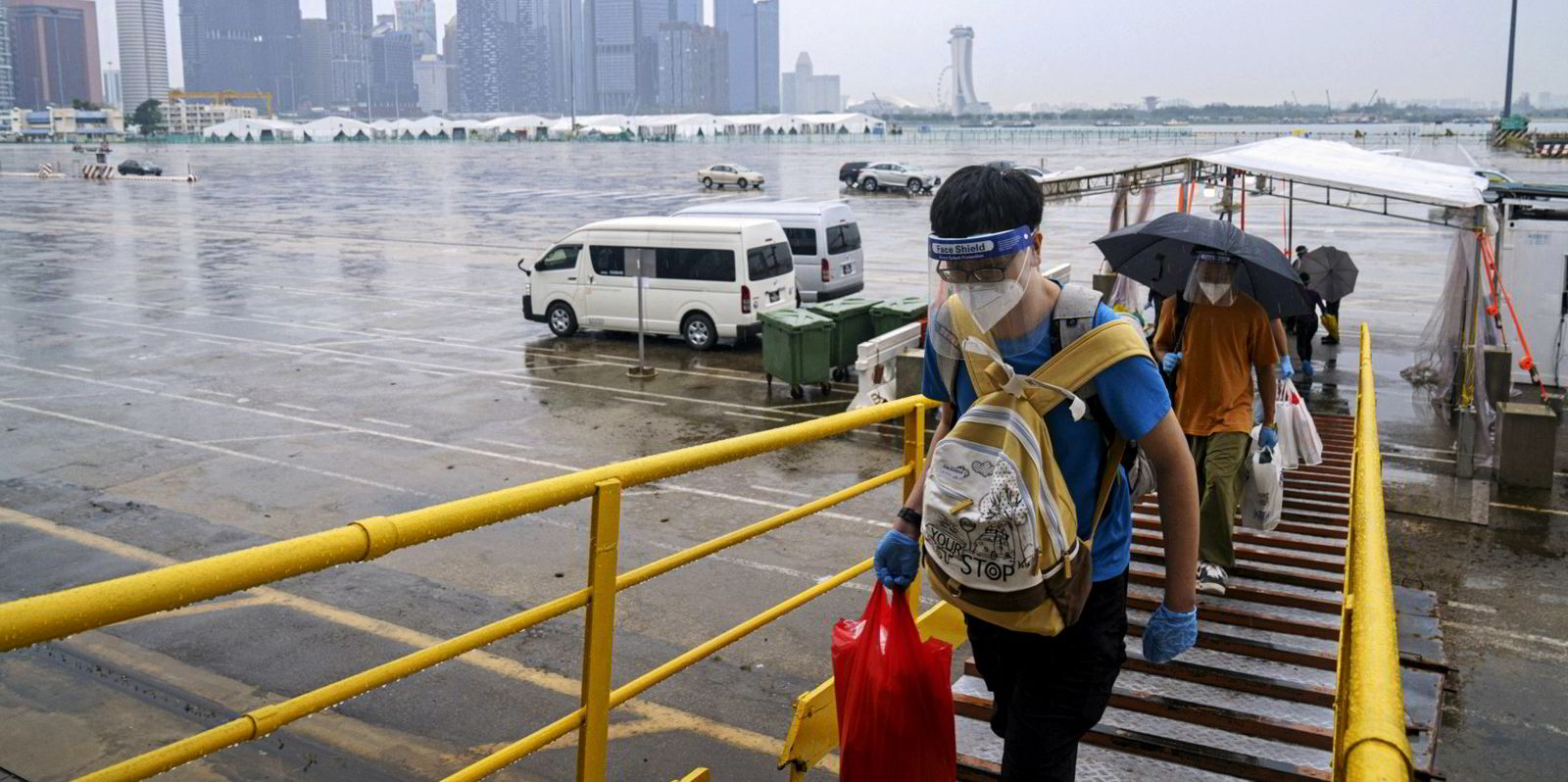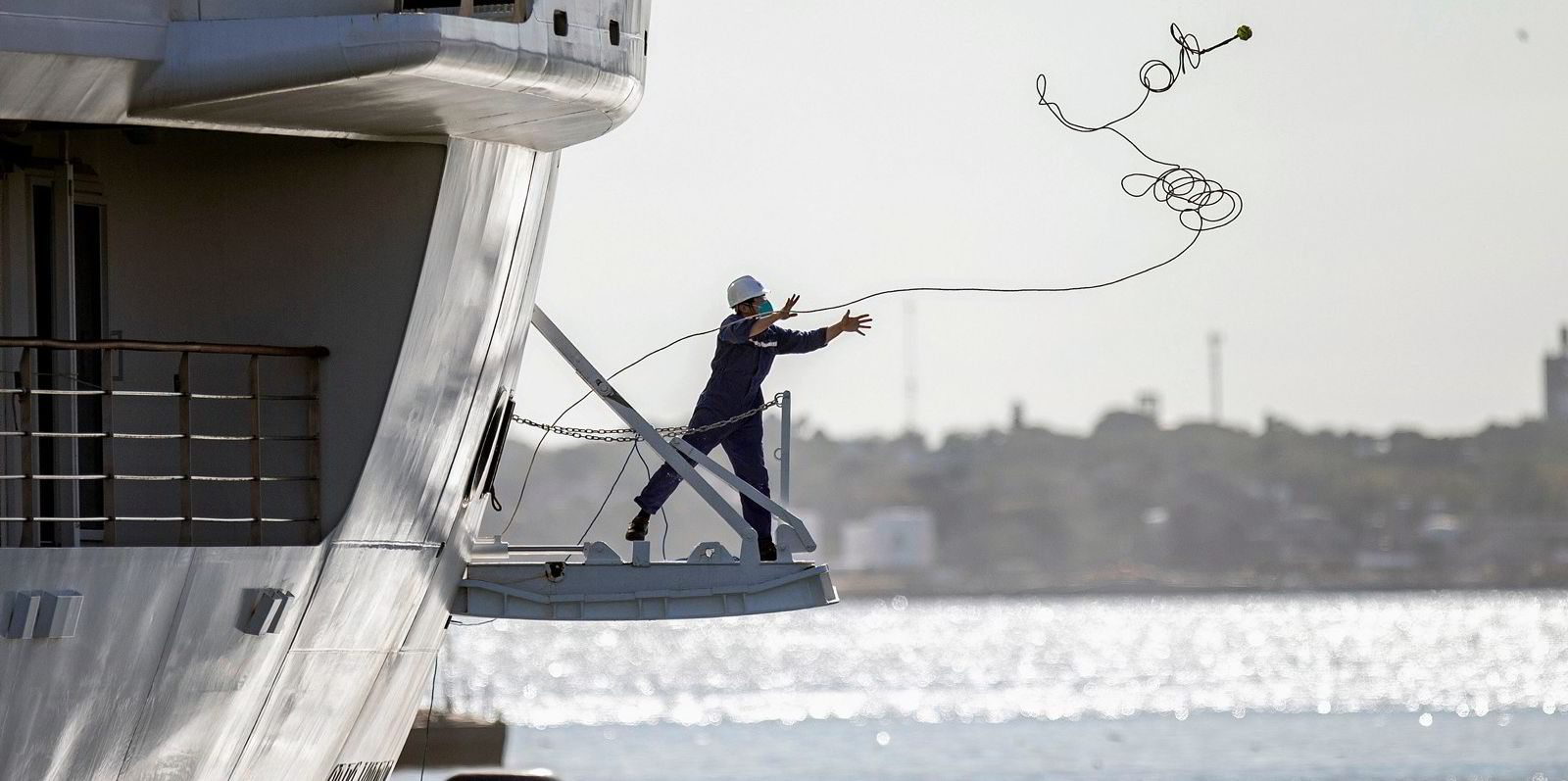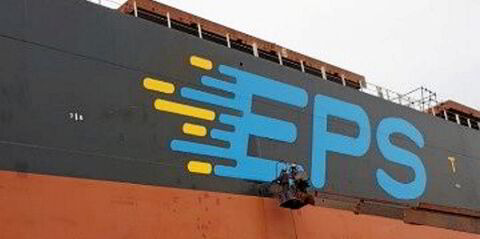It is time shipping companies, government authorities and the maritime ecosystem as a whole stop paying lip service to seafarer wellness and do something more worthwhile than blowing horns or pumping out press releases full of platitudes expressing gratitude towards the vital role seafarers play in moving global trade.
It is time to communicate!
Reports issued by a variety of welfare organisations show that seafarers are suffering from high levels of stress and anxiety. This was a problem recognised before Covid-19 and has only been exacerbated by the pandemic.
Mental health professionals who spoke at a wellness and safety conference organised by the Tristar Group of Dubai in early December acknowledged anxiety in seafarers is frequently a result of stress that arises out of uncertainty and feeling completely powerless as a result.
Progressive shipping companies and ship managers have woken up to the mental health crisis at sea and have begun taking serious measures, such as access to counsellors and onboard health and wellness activities, to address the situation.
But they also communicate clearly and regularly with their seagoing staff.
Unfortunately, many articles that TradeWinds has published in recent months show that the maritime ecosystem does not communicate with seafarers. For too many people ashore, seafarers are merely commoditised workers who do not need to know anything beyond the skills they require to do their jobs.
Let's take, for example, the crew of a large tanker that has been languishing under arrest for many months. It is just one of many such examples I could have picked.
Good communication costs nothing except some time and perhaps a change of mindset
The crew — unpaid — have largely been kept in the dark. Emails from crew requesting information and urgent assistance to the owners, managers, agents, lawyers, protection and indemnity clubs, port authorities, and the flag state have largely gone unanswered. And when they do receive a response, it is usually a brief, polite email telling them to wait until legal matters have been sorted out ashore.
Herein lies the problem. No doubt the responders to these emails are working hard to sort the matter out as expediently as possible. However, nobody is explaining to the seafarers stuck aboard the tanker what is happening, and the steps that will be taken between the arrest of the vessel and its eventual auction.
Unsure about matters that have a serious impact on their lives, it is no wonder the crew members who I have been communicating with describe the situation on board as tense.
While they understand it will take time to resolve legal issues — and the answers may not always be what they want to hear — what they really want to know is what is going on, and what they can expect to happen in the future. Such reassurances would give them some certainty and help alleviate much of the anxiety and stress they are currently under.
The tanker crew's scenario is one that frequently plays out in ship arrest cases.
Similar complaints are often made by seafarers who are gainfully employed by reputable owners but never receive updates from their head office about serious matters that concern them.
At play is that old mindset of telling people to sit down and wait. We landlubbers might be willing to put up with that for a couple of hours in a doctor's office, but I am sure that you, like me, wouldn't put up with it for months at a time. Why should seafarers?
While anxiety is a normal part of life, mental health practitioners say that over a prolonged period it can and does lead to serious anxiety disorders which, if left unchecked, progress on to full-blown depression.
This leads me back to my main argument. Anecdotal evidence shows that seafarers who have open communication and are regularly informed on situations that impact their lives are likely to feel less anxious than those who are kept in the dark.
Good communication costs nothing except some time and perhaps a change of mindset, but the experts all agree it is a vital first-line defence tactic in the battle for seafarer wellness.
If your job puts you in contact with seafarers, why don't you try it out?





